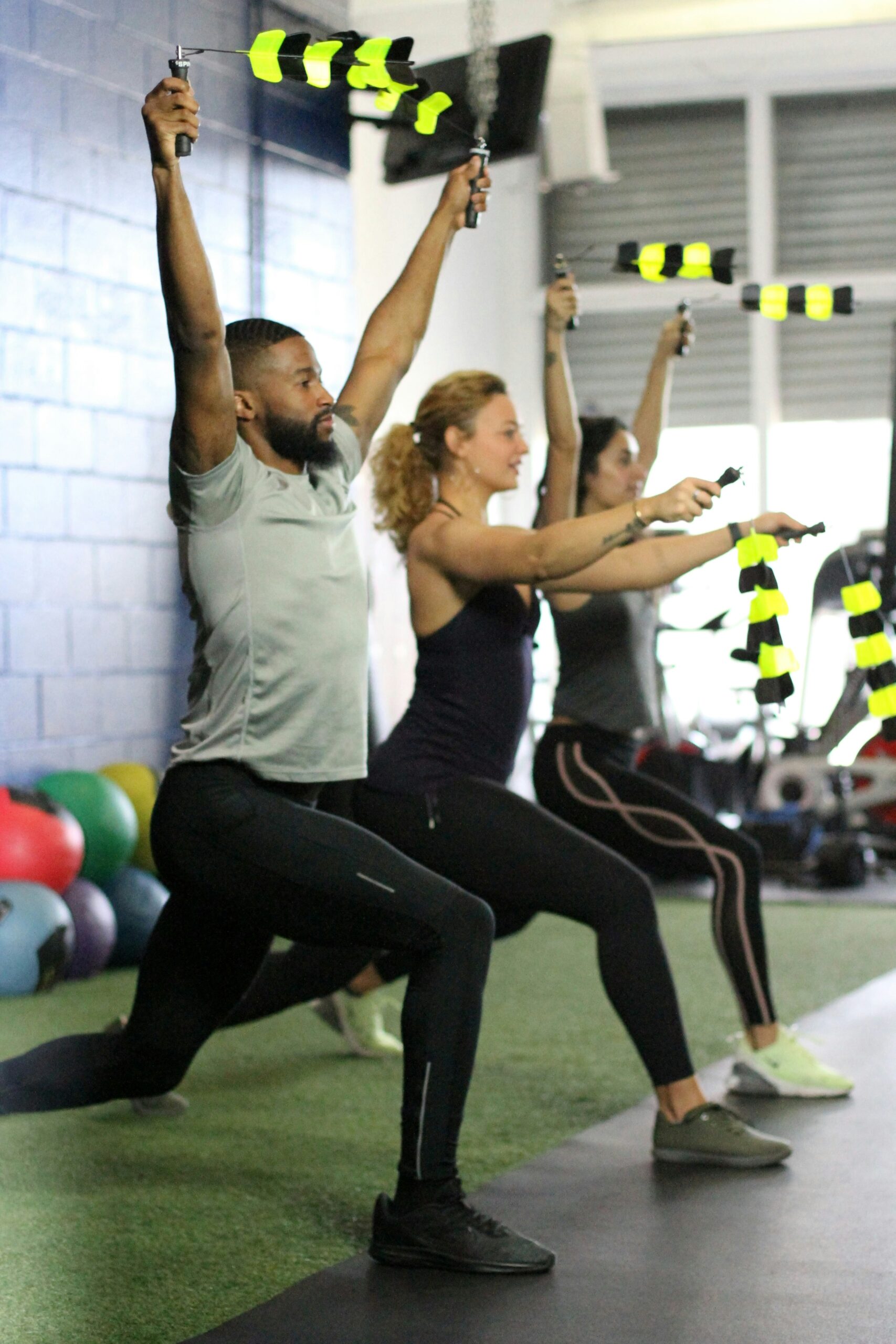Validating the physical literacy in early years (PLEY) wheel tool: Quantifying PL in young children

By Natalie Weir, IPLA Early Years Lead, Doctoral Researcher at the University of Derby
Introduction
Even though research highlights the need to develop tools and methodologies for measuring physical literacy (PL), discrepancies between definitions and operationalisation methods, and staying true to the holistic approach of PL mean quantifying PL remains a challenge!
Exploration of PL informed interventions and understanding PL in relation to early childhood is also limited and this gap in understanding presents an opportunity to better explore PL in relation to young children and early years education (ECEC) settings.
My PhD research explores the relationship between PL and physical activity in 3-5-year-olds to inform physical development interventions. A crucial part of this mission has been proposing a PLEY model and finding a simple and appropriate way of quantifying PL (in my case using the England definition which incorporates 4 domains).
Project Details
This work has led to the creation of a simple tool – the Physical Literacy in the Early Years (PLEY) wheel, and we have already captured PL scores and PA levels of over 200 children.
Now, we are at a crucial stage: validating this tool. The PLEY Wheel is a 12-question tool designed to provide early years and primary educators with a quick and easy way to evaluate how children aged 3-5 years move (physical), connect (social), think (cognitive), and feel (affective) about movement. This tool, hosted online – allows educators to complete a simple RAG rating (1-5 scale) for each child.
Impact
We are now on the lookout for volunteer EY or primary educators to trial the PLEY Wheel with six pupils (and then repeat the process) to ensure its effectiveness and reliability. Your input will directly contribute to the development of a practical, evidence-based tool that can support children’s PL journeys.
By participating in this research, educators will play a vital role in bridging the gap between PL theory and practice. The insights gained will help refine the tool, making it more accessible and impactful for early years practitioners and support us to start building a picture of Pl in children. Imagine having a validated resource that allows you to track and support a child’s PL development with confidence!
What’s Next?
If you are an early years or primary educator passionate about this topic area we’d love for you to get involved. Your participation will help us ensure the PLEY Wheel is a valuable resource for educators worldwide.
Interested in taking part? Get in touch at n.weir@derby.ac.uk and help us take physical literacy research from theory to practice!




